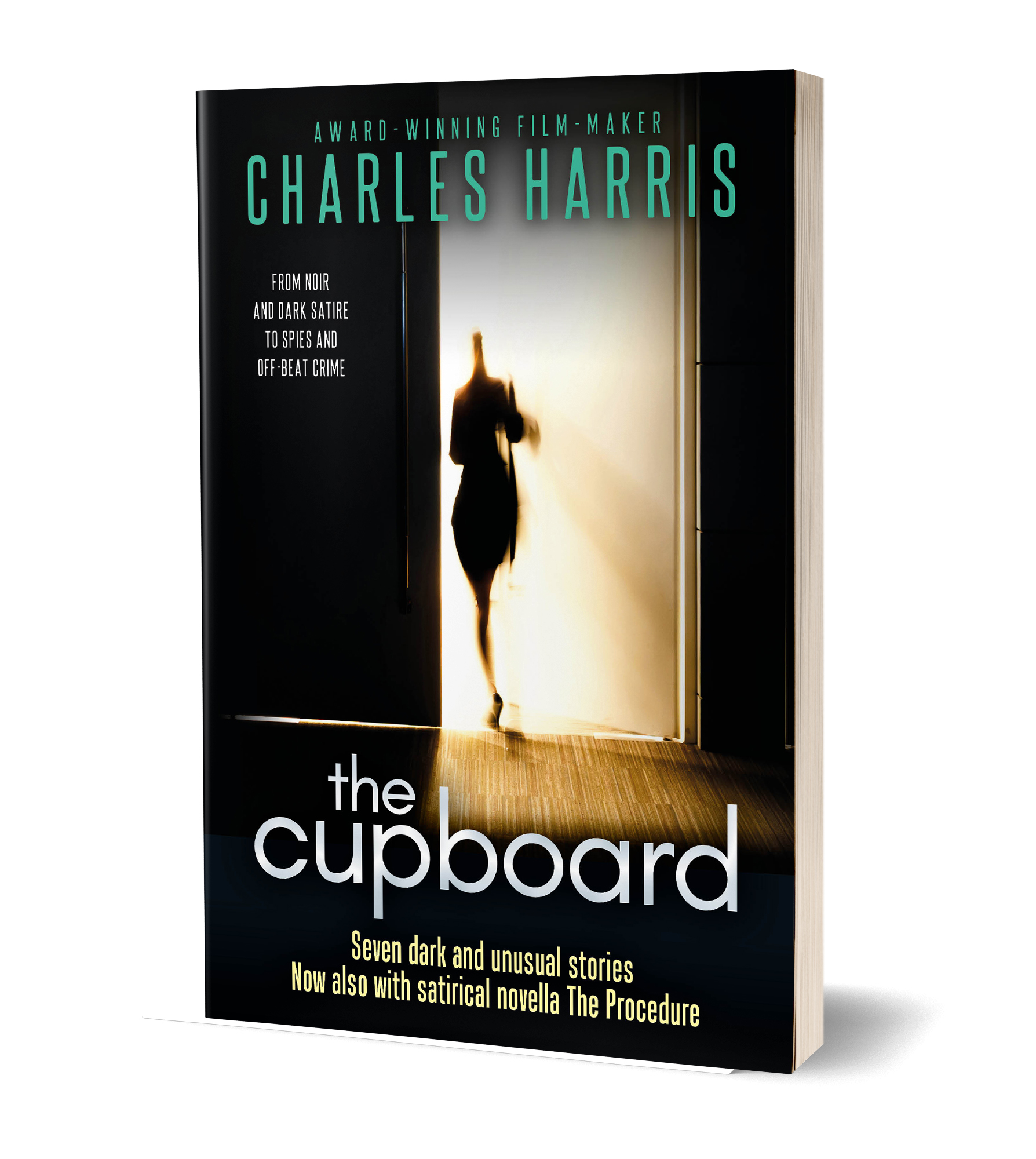Tags
Alien, competition, film, movies, pitch, Screenwriting, script, TV
POWER PITCHING TIPS
Can you imagine being able to grab the attention of industry professionals in just a few words?
Actually, that’s an essential if you want to succeed as a writer, director or producer in film or TV.
And the biggest mistake that most people make, the way they give away their amateur status, as well as the best tip for being successful and professional, is already contained in that opening line.
It’s the first and most important of my pitching tips:
Just a few words
Forget everything you’ve seen in the movies. The professional pitch is best started with just a few words. Your pitch should be two to three sentences, no more.
Why? Your only important goal is to get your script read. Unless you have a track record already, your best outcome is that they say, “Send me your script.”
That’s actually good news, because it takes the pressure off. You don’t have to tell them the whole story. You just have to get them interested.
On the way to getting them to read your script, your secondary goal is for them to say, “Tell me more.” And they won’t say that if you’ve been rabbitting on for five minutes non-stop.
Nobody has ever complained a pitch was too short!
Give them the key idea and theme that will grab an audience. And then stop. And wait for them to say…
“Tell me more!”
Ultra-Short Pitch Competition!
Of course, doing all you need to do in just two to three sentences, and sounding relaxed and informal at the same time, takes a high level of understanding, skill and practice, but when you get good at pitching you’ll find that very soon two to three sentences feels long.
Indeed, the most famous pitch in industry history was only three words – the pitch for Alien – which was “Jaws in Space.”
I’ve even heard a totally persuasive two word pitch – and a one-word pitch. I’ll leave those for you to think about. Feel free to email or post any suggestions – an Ultra-Short Pitch competition – the prize is your own pride and satisfaction. I’ll post my own in the next few days.
If you want to get powerful at pitching, you need to put in the work. Analyse as many as you can. Short written pitches are everywhere, in adverts, in Radio Times blurbs, even in the body of film and TV reviews.
Also listen to people pitching – at network events or pitching workshops or just friends talking about what they just saw. Analyse every pitch you see or hear.
You can find more pitching tips here
Practice Makes Confident
If you want to work on your pitches, develop your skills or just make sure that the premise of your script is totally solid, then I suggest a number of ways.
You can book a personal session with a script consultant, and work on your pitch in person, on-line or on the phone.
Or you can work in a group.
And finally, there’s my book Jaws in Space…
Reviews
‘Everything you need to know about pitching and a whole lot more.’
– Nicola Quilter [read the full review]
‘Charles Harris has created the perfect handbook for anyone who is a bit uncertain or scared about pitching their work.’ www.writesofluid.com [read the full review]
‘Charles makes the whole process of pitching seem so enjoyable’
– Elinor, Lock and Load, Brides of Christ [read the full review]


4 Comments
April 16, 2010 at 10:31 am
Вот решил вам немного помочь и послал этот пост в социальные закладки. Очень надеюсь ваш рейтинг возрастет.
(Google translation: Here you decided to help a bit, and sent this post in social bookmarking. I hope your ranking will increase.)
April 20, 2010 at 2:29 pm
“Пост хорош” – “Good post”